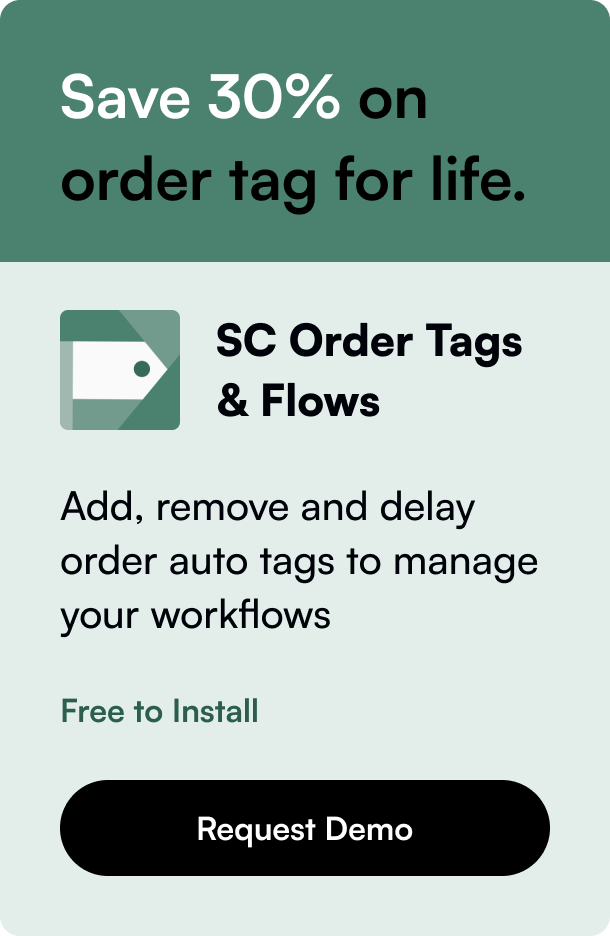Table of Contents
- Introduction
- What is WooCommerce?
- What is Shopify?
- WooCommerce vs Shopify: Ease of Use
- Customization and Flexibility
- Pricing Structures
- Payment Processing Options
- Extensibility and Integrations
- SEO and Marketing
- Conclusion
- FAQ Section
Introduction
Are you debating between WooCommerce and Shopify for your online store? Both platforms are titans in the e-commerce ring, boasting powerful tools and fervent user bases. They each promise a gateway to digital commerce success, but which one will crown you the champion in your e-commerce adventure?
In this immersive blog post, we delve into an in-depth analysis of WooCommerce and Shopify, emphasizing their unique features, benefits, pricing strategies, usability, and more.
What is WooCommerce?
WooCommerce is a robust open-source e-commerce plugin designed for WordPress. It empowers users with the flexibility to sell anything, anywhere, blending commerce with content seamlessly. As an extendable, adaptable, and open-source solution, WooCommerce is used by a significant portion of online stores.
What is Shopify?
Conversely, Shopify is a closed-source, hosted e-commerce platform that focuses on ease of use and out-of-the-box functionality. It caters to businesses of all sizes, from fledgling startups to colossal enterprises, with pricing models suited for varied business needs.
WooCommerce vs Shopify: Ease of Use
Setting up an online store should be as hassle-free as possible, which is where the user experience shines through. Shopify is acclaimed for its simplicity, letting you set up an online store without worrying about the technical nitty-gritty like hosting, security, or backups.
WooCommerce, with its WordPress roots, offers a familiar interface to millions but demands more hands-on management, including hosting services and site maintenance.
Customization and Flexibility
When it comes to tailoring your online store to your exact specifications, WooCommerce stands out. Being open-source, it allows for comprehensive customizations and integrations with numerous plugins and extensions.
Shopify, albeit less flexible when it comes to customization due to its closed ecosystem, still offers an array of themes and apps that enhance store functionality, albeit sometimes at an additional cost.
Pricing Structures
WooCommerce, an open-source plugin, is free to download. However, associated costs such as web hosting, domain purchase, and additional plugins can add up. Shopify offers tiered pricing plans, bundling hosting and diverse features at different levels but also includes transaction fees if not using Shopify Payments.
Payment Processing Options
Both Shopify and WooCommerce support a range of payment gateways. Shopify boasts its own solution, Shopify Payments, and integration with popular gateways, while WooCommerce offers native integration with leading payment processors without additional transaction fees.
Extensibility and Integrations
Shopify has a robust app store filled with a wide variety of plugins catering to different store needs. WooCommerce can boast an even more significant number of extensions thanks to the mammoth WordPress repository, providing endless possibilities for store enhancement.
SEO and Marketing
Creating a robust online presence requires strong SEO capabilities. WooCommerce, built on WordPress, benefits from the platform’s robust SEO optimizations. Shopify also provides SEO tools but with fewer customization options compared to WooCommerce.
Conclusion
Choosing between WooCommerce and Shopify is not black and white; it hinges on personal requirements, technical prowess, and long-term business goals. WooCommerce offers unrivaled customization and control but demands more technical involvement. Shopify provides a streamlined, user-friendly experience at a premium.
WooCommerce promises a boundaryless playground for those who yearn for control over every digital cog. Shopify, conversely, beckons with its allure of convenience for entrepreneurs seeking a quick launch or those who prefer a hands-off approach to technicalities.
Before leaping into the digital commerce fray, weigh your options carefully, considering not just the present but your aspirations for your online store's future.
FAQ Section
-
Is WooCommerce good for SEO? Yes, WooCommerce is built on WordPress, which has excellent SEO capabilities. WooCommerce benefits from this and additional SEO-focused plugins.
-
Can Shopify handle high traffic? Absolutely. Shopify is well-equipped to manage high traffic volumes, ensuring scalability as businesses grow.
-
Are WooCommerce sites secure? While WooCommerce is secure, site security also depends on additional factors like web hosting, SSL certificates, and regular updates.
-
Does Shopify take a percentage of sales? Shopify doesn't take a percentage of sales if you use Shopify Payments. However, there are transaction fees for other payment gateways.
-
Can I migrate from WooCommerce to Shopify? Yes, both platforms offer migration tools that facilitate the transfer of product data, order information, and customer details.
By the end of this e-commerce duel, your decision between WooCommerce vs Shopify should be crystal-clear, setting the stage for your online store’s triumph. Choose wisely, and may your digital marketplace flourish!








